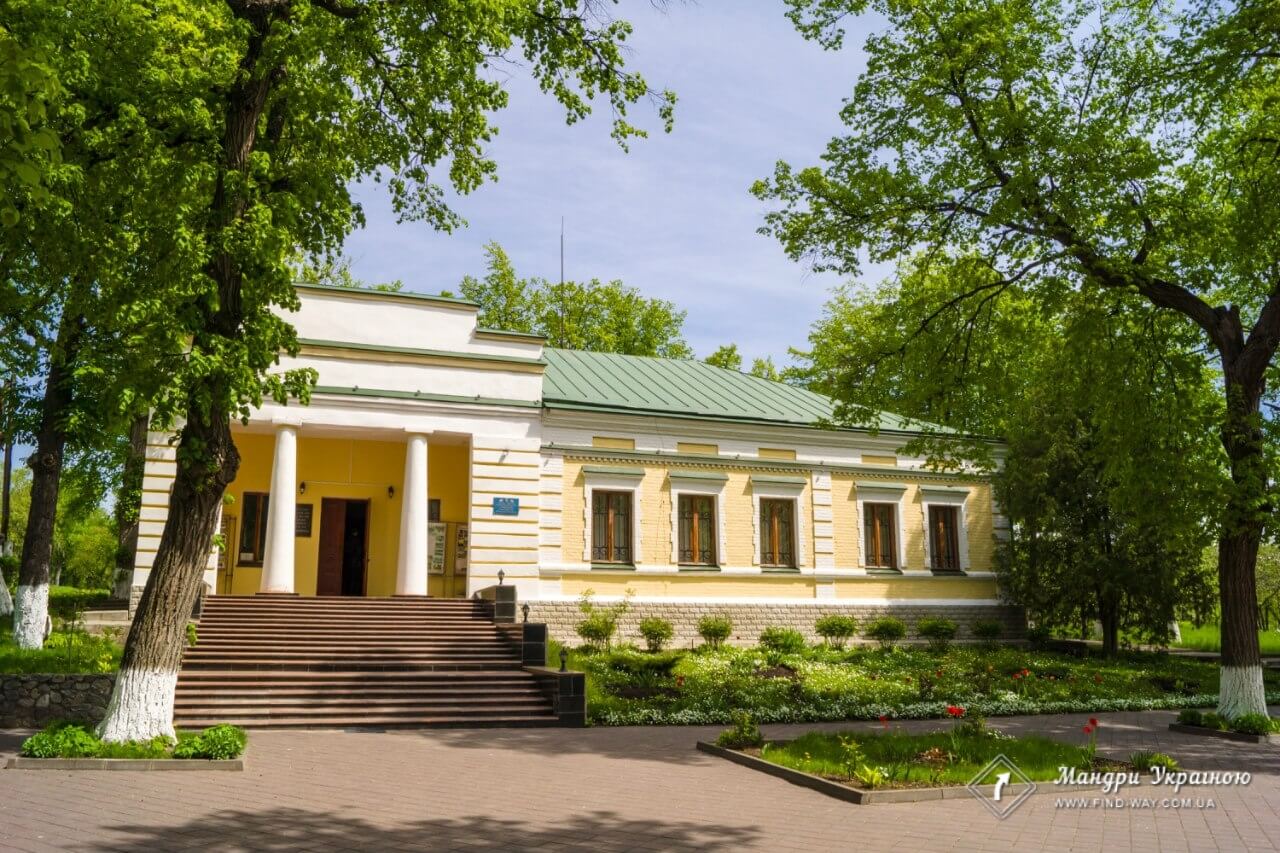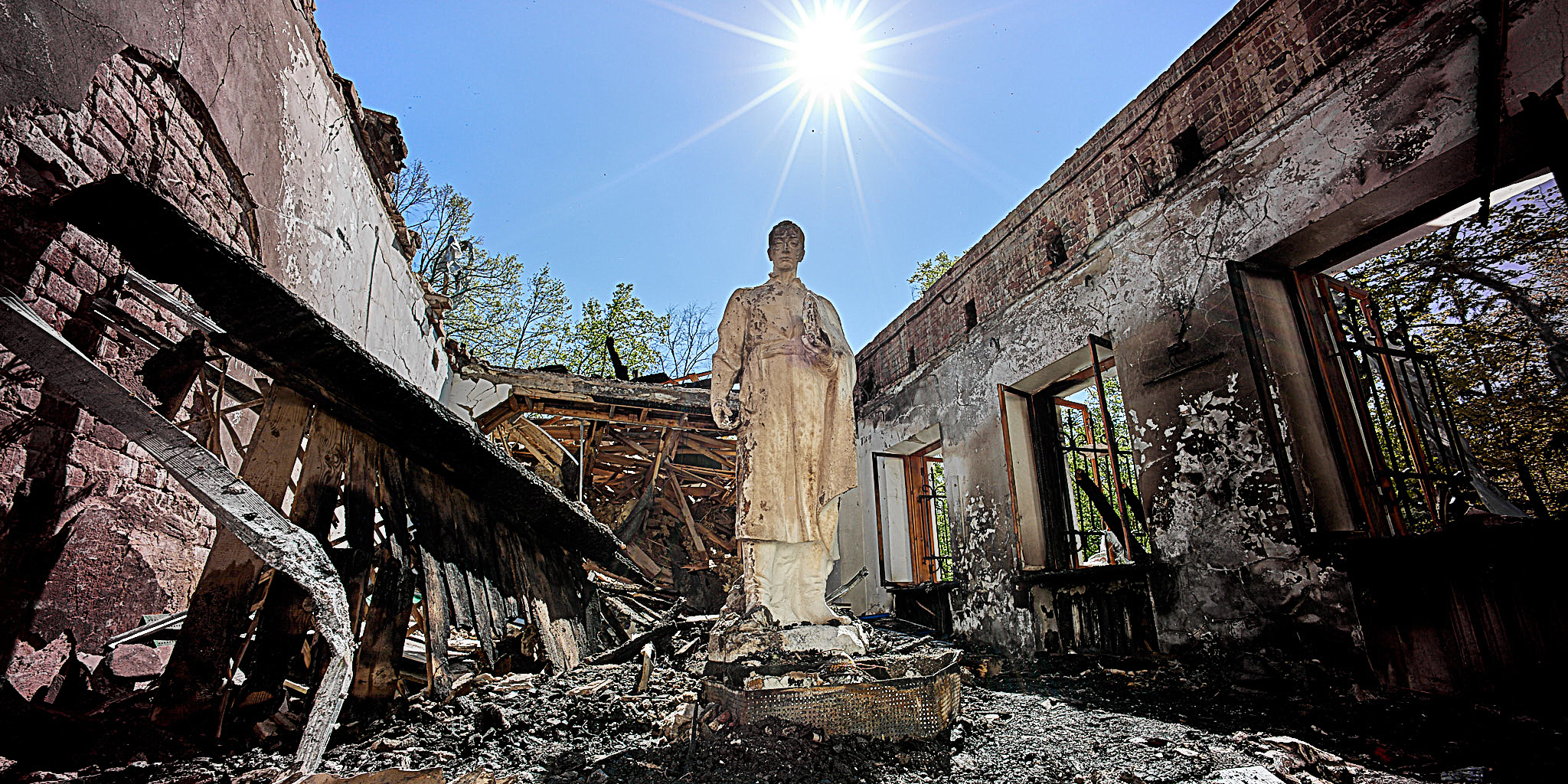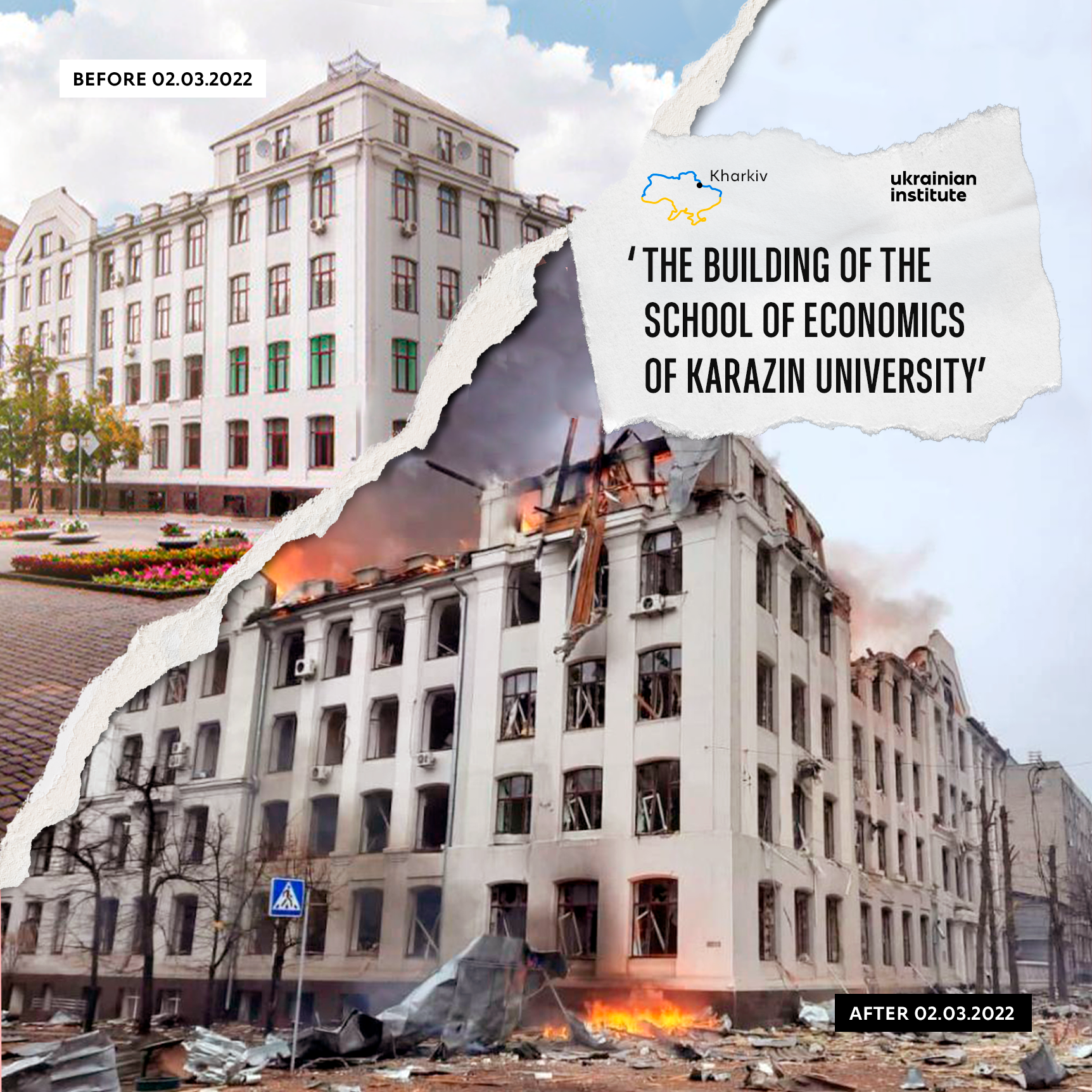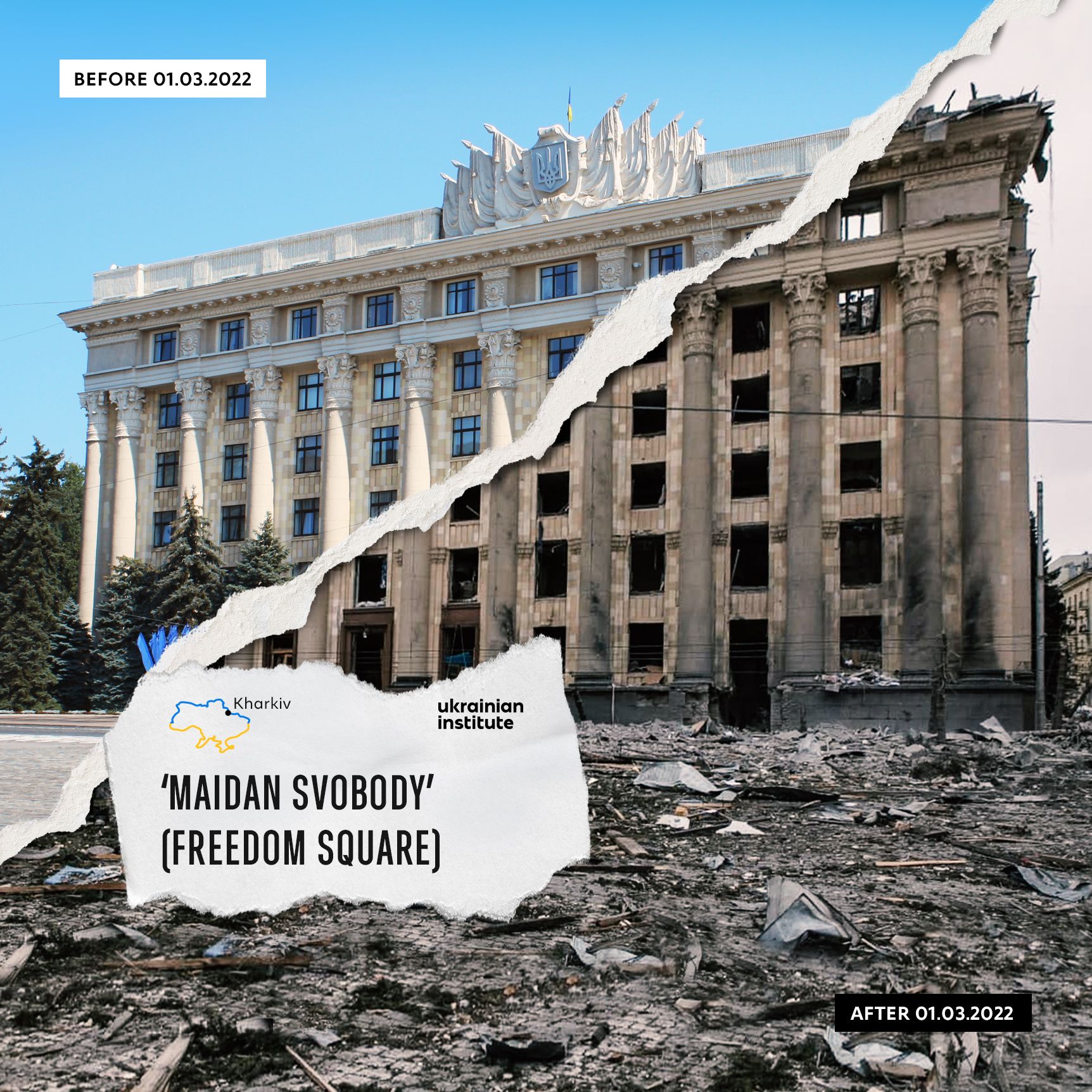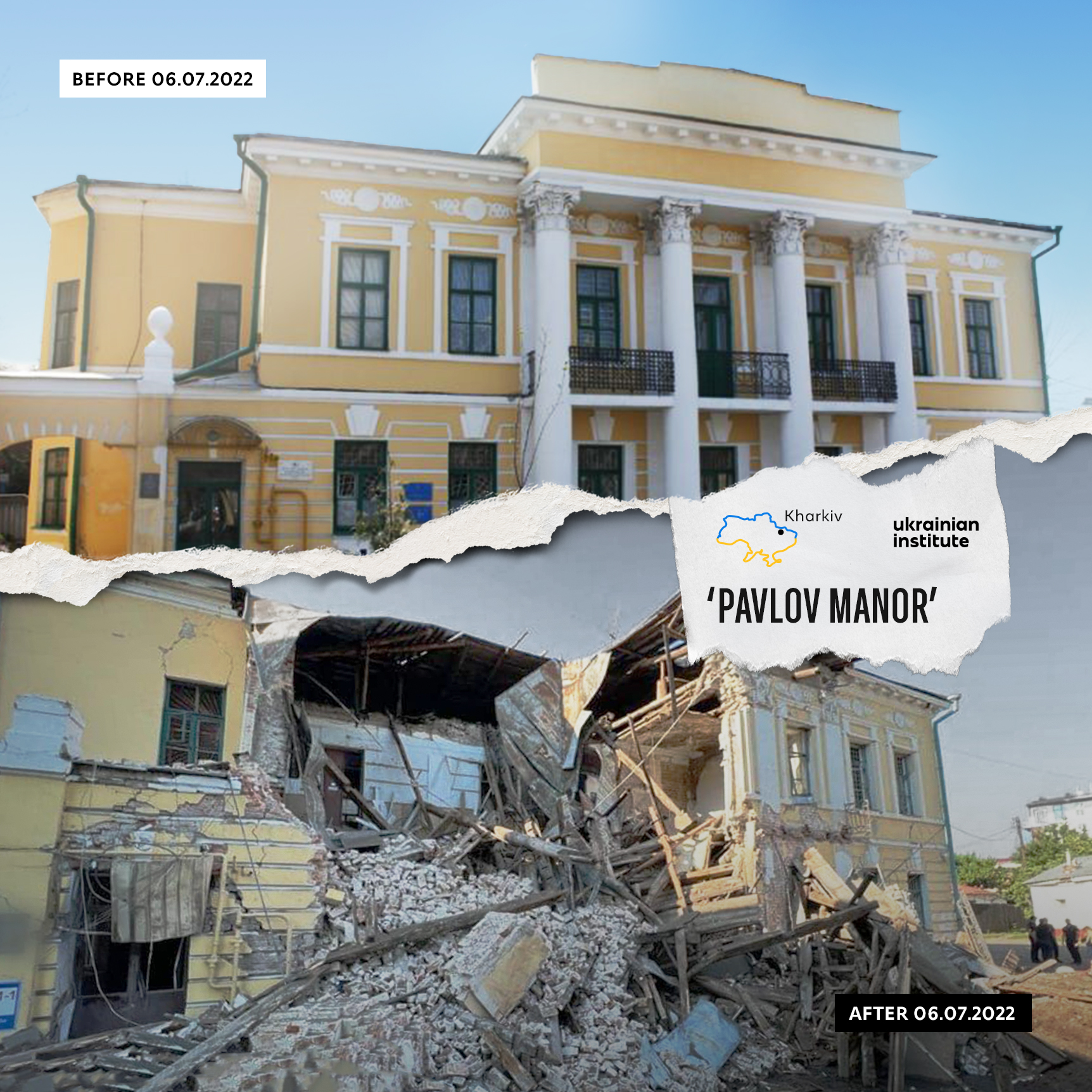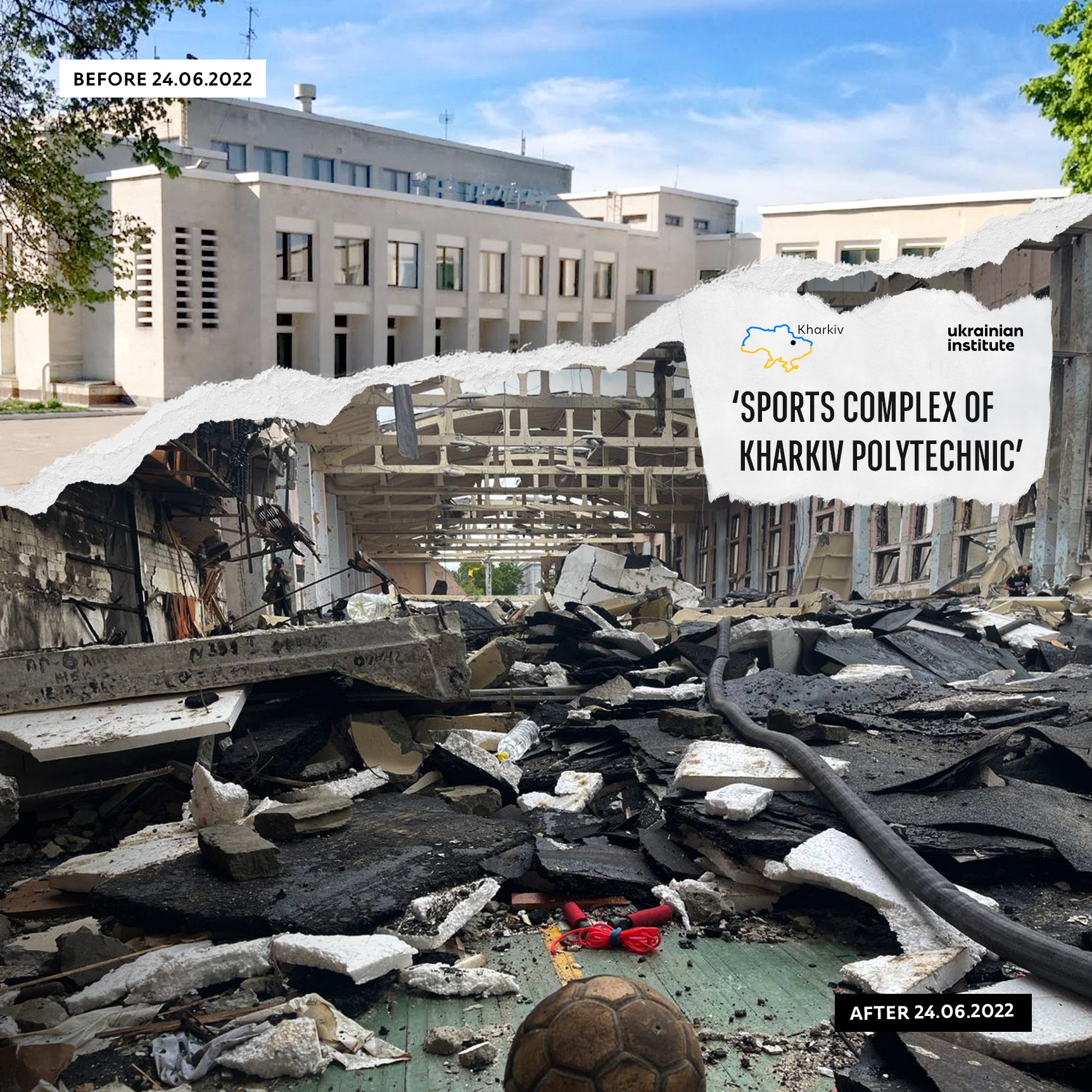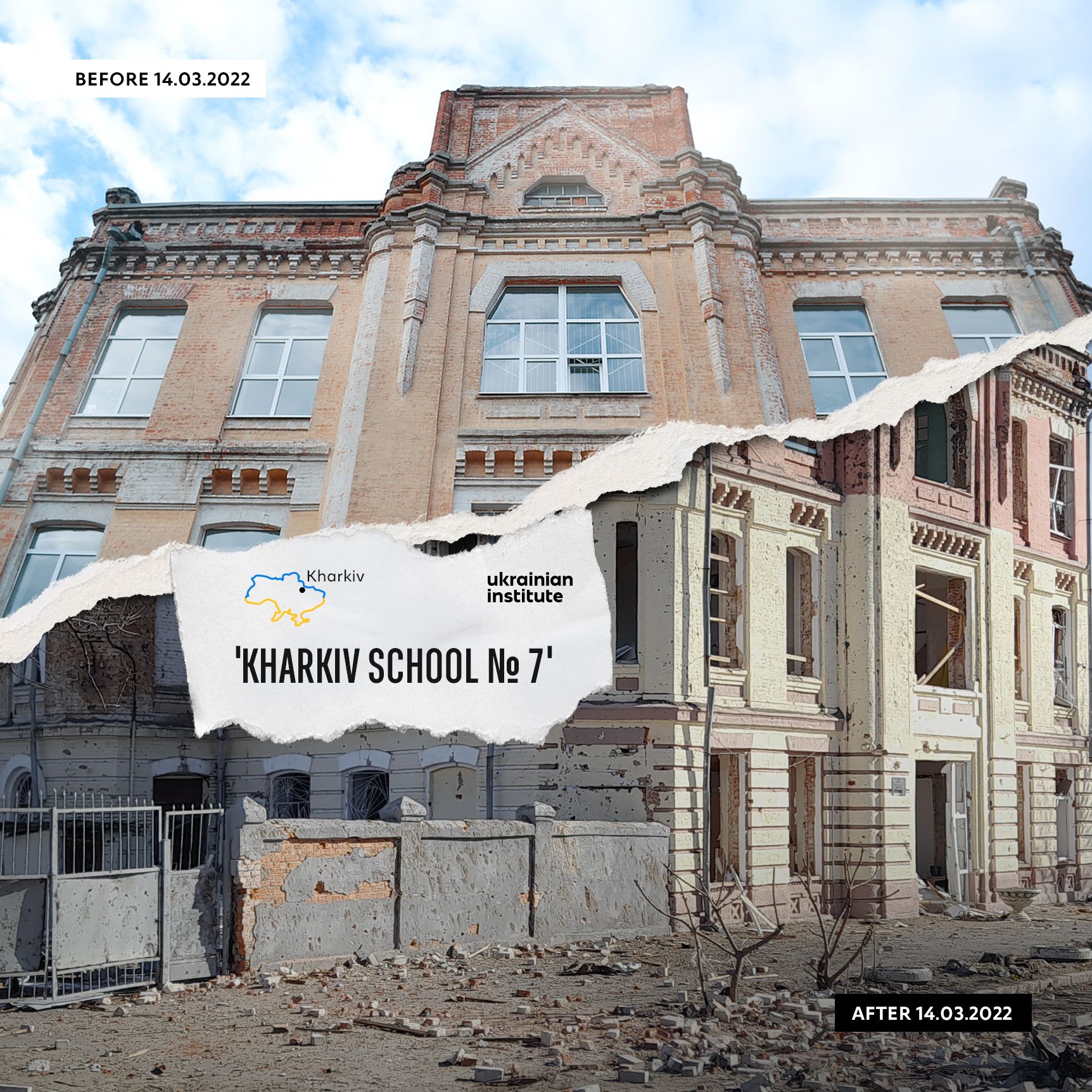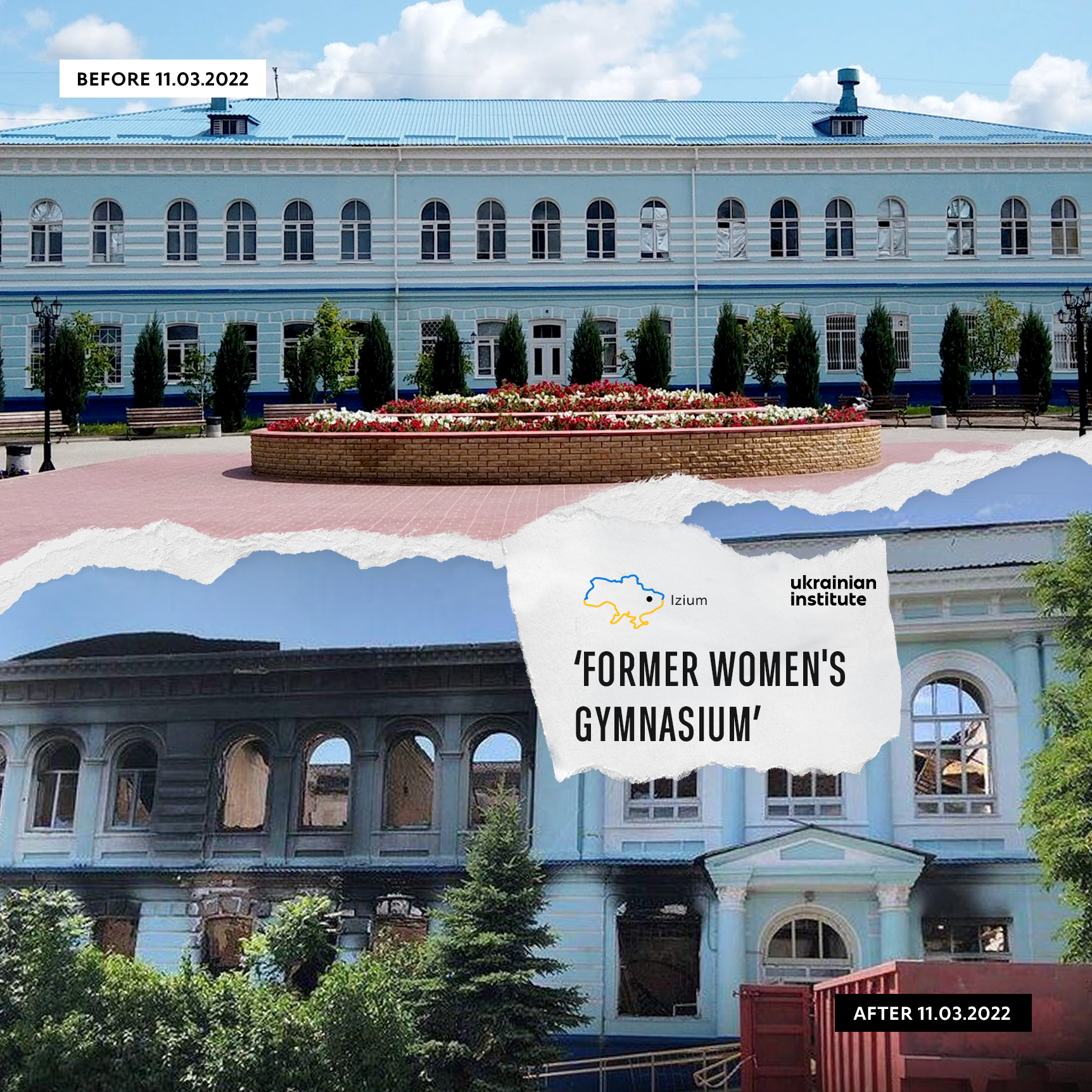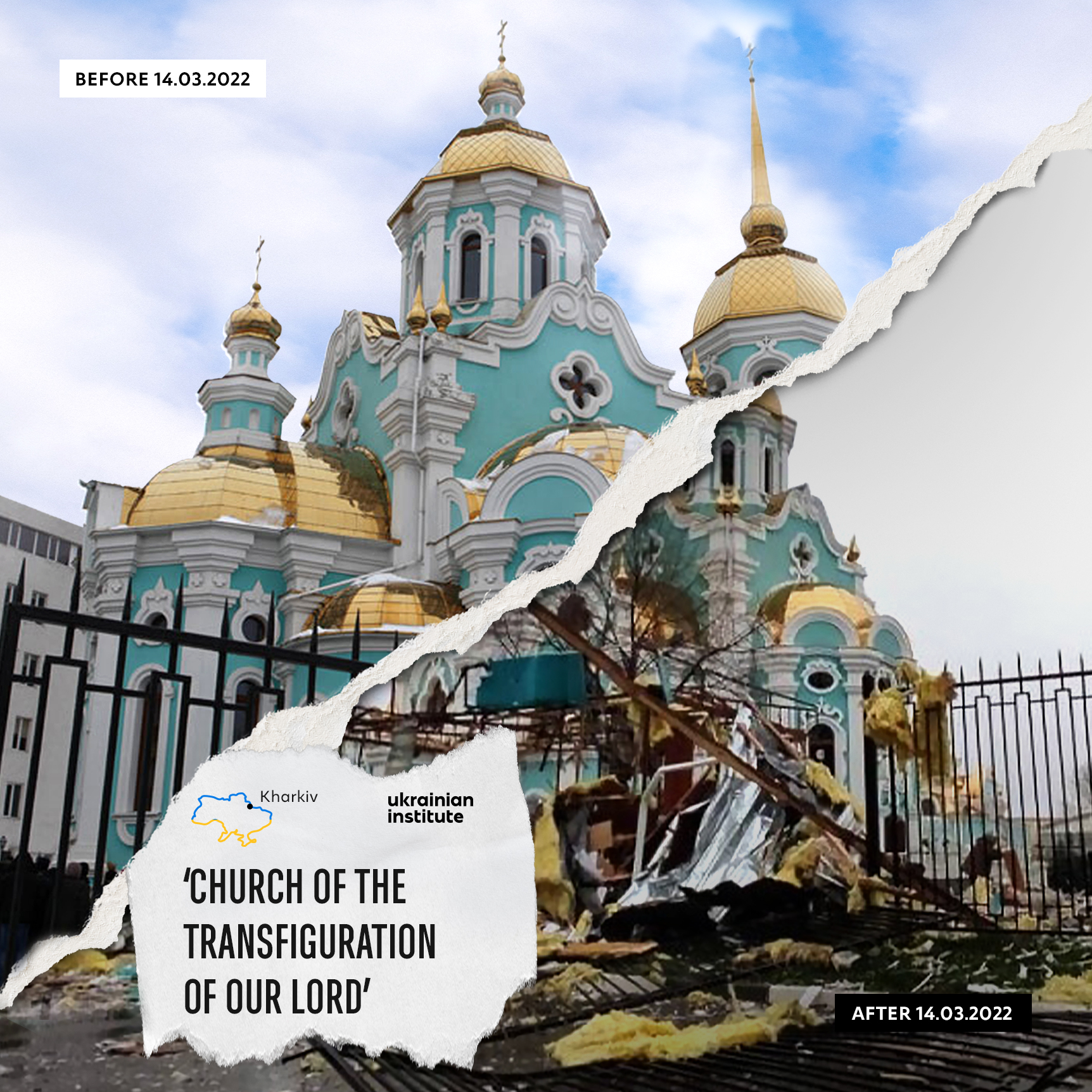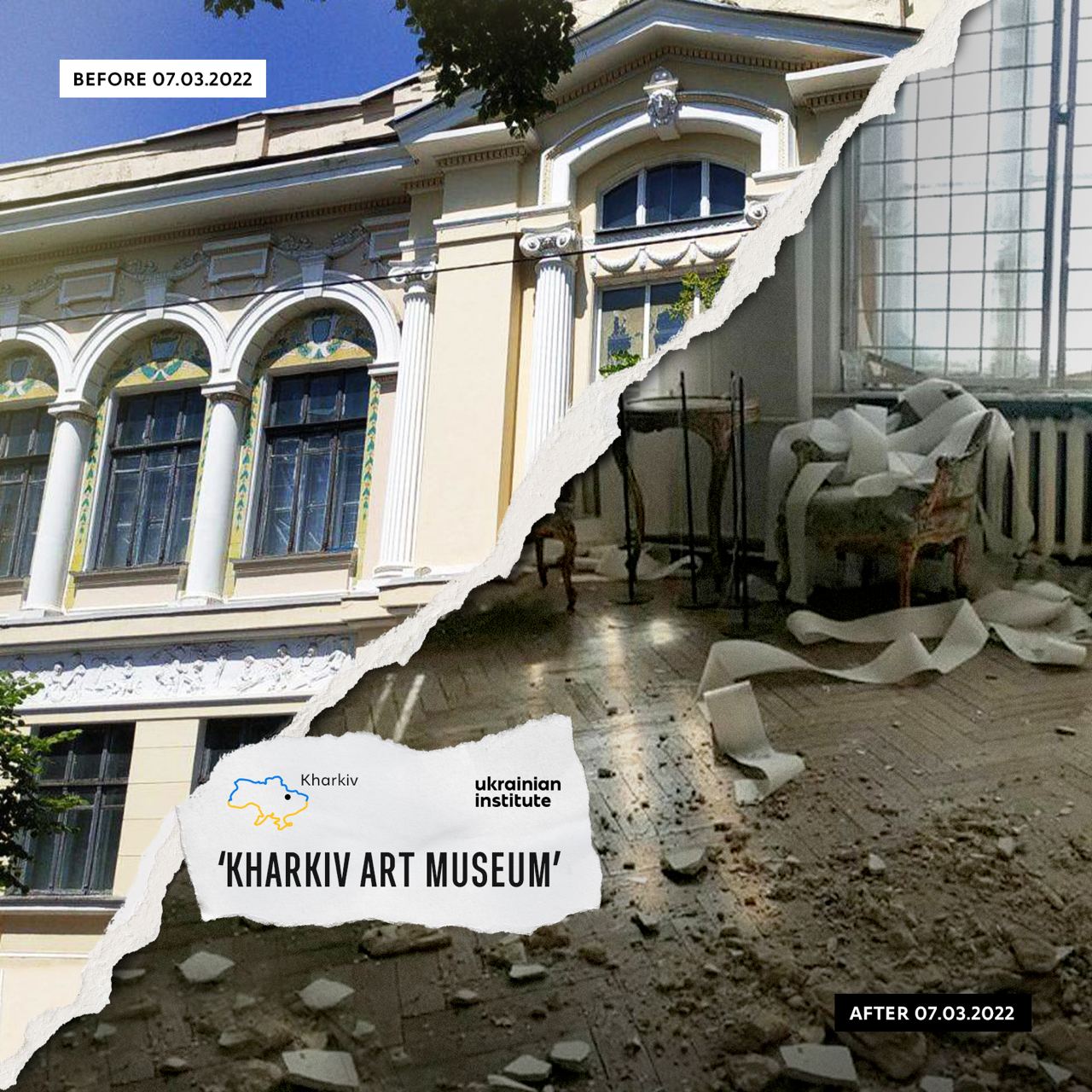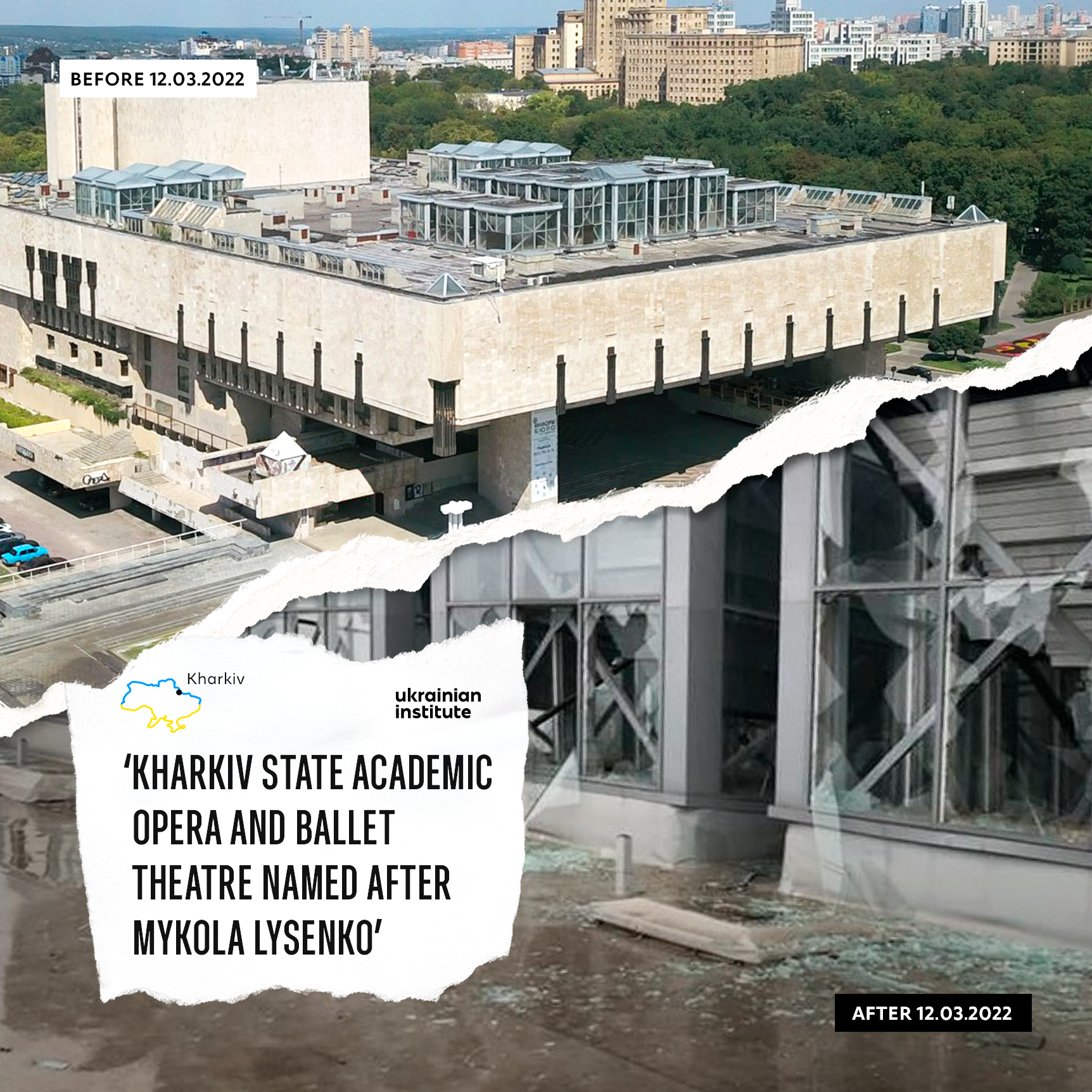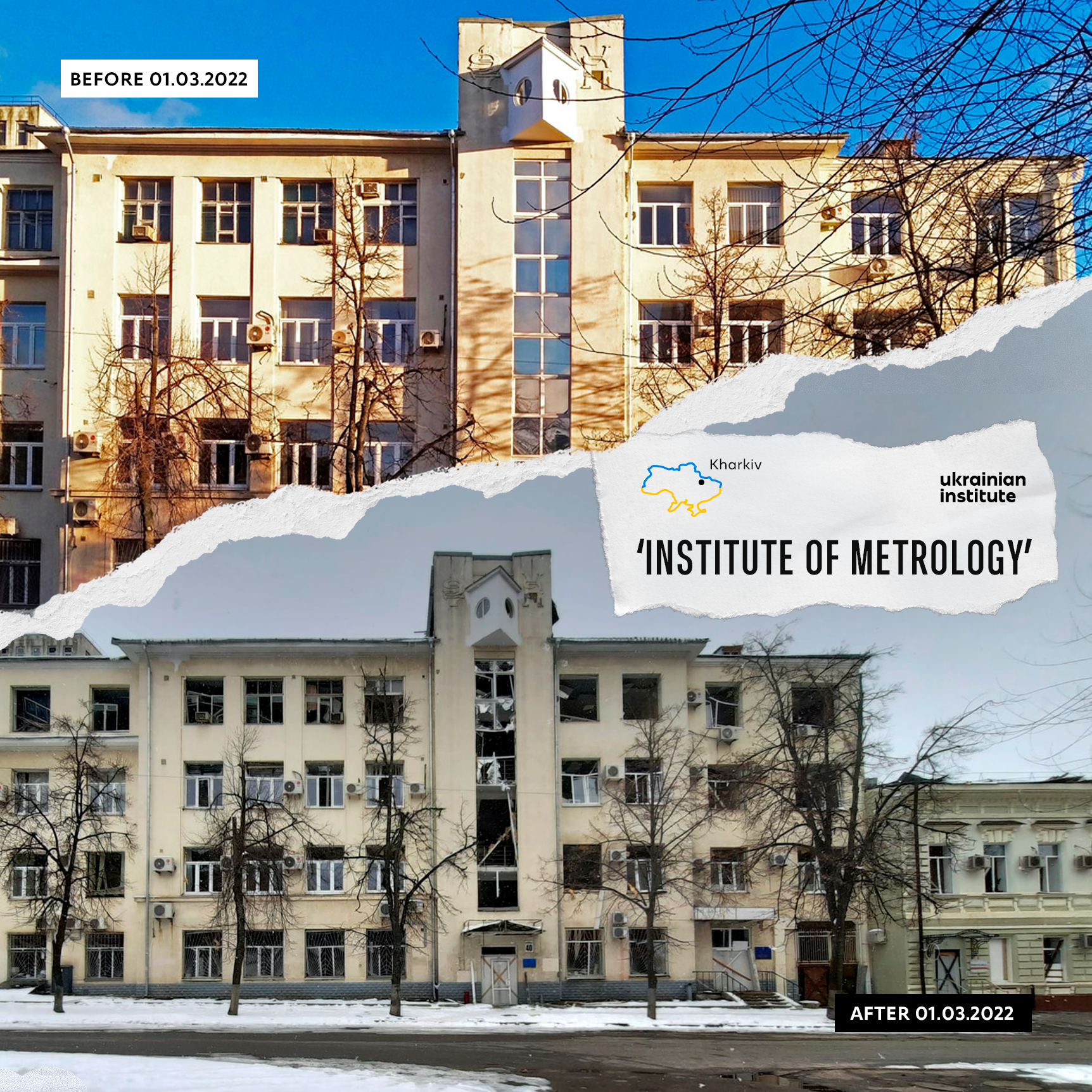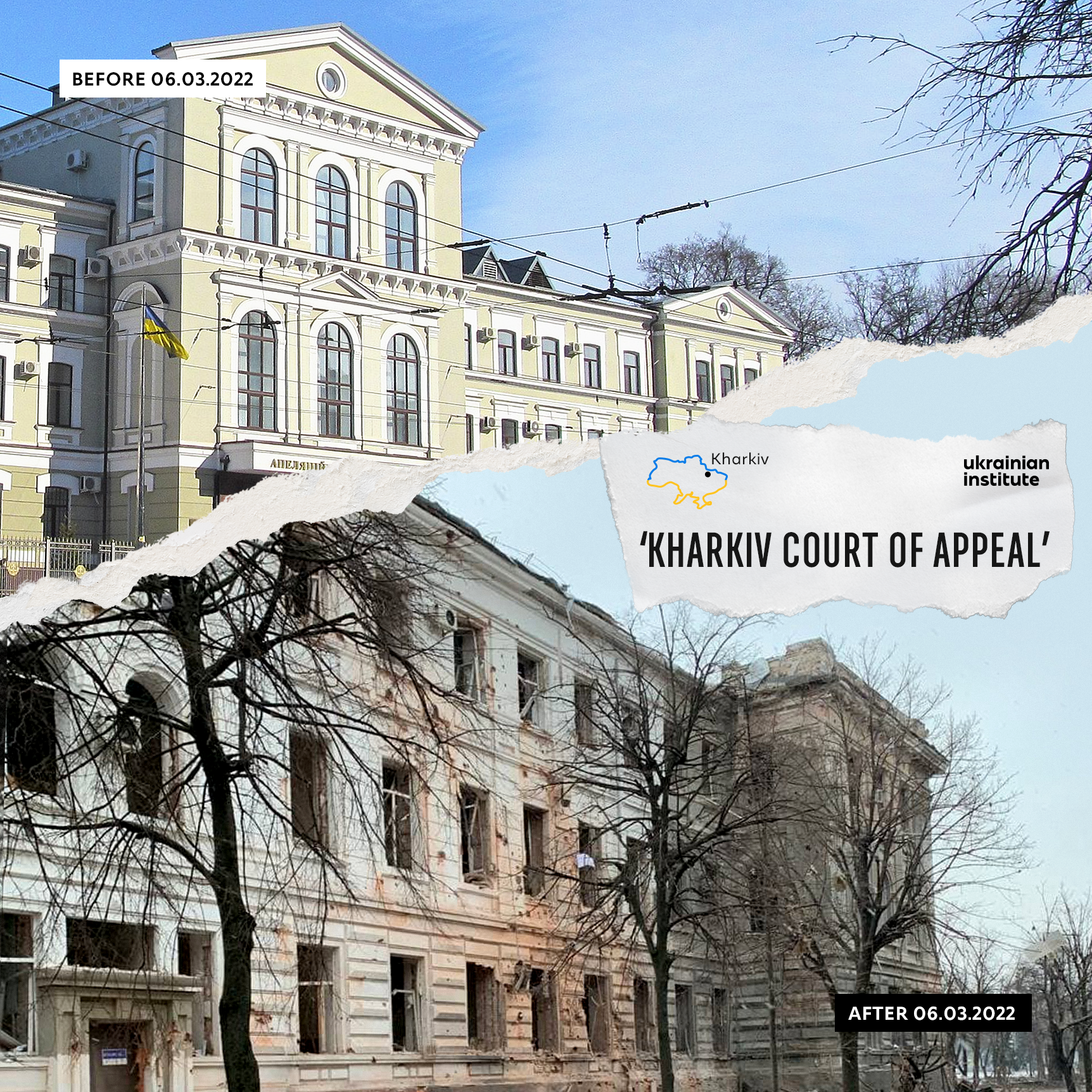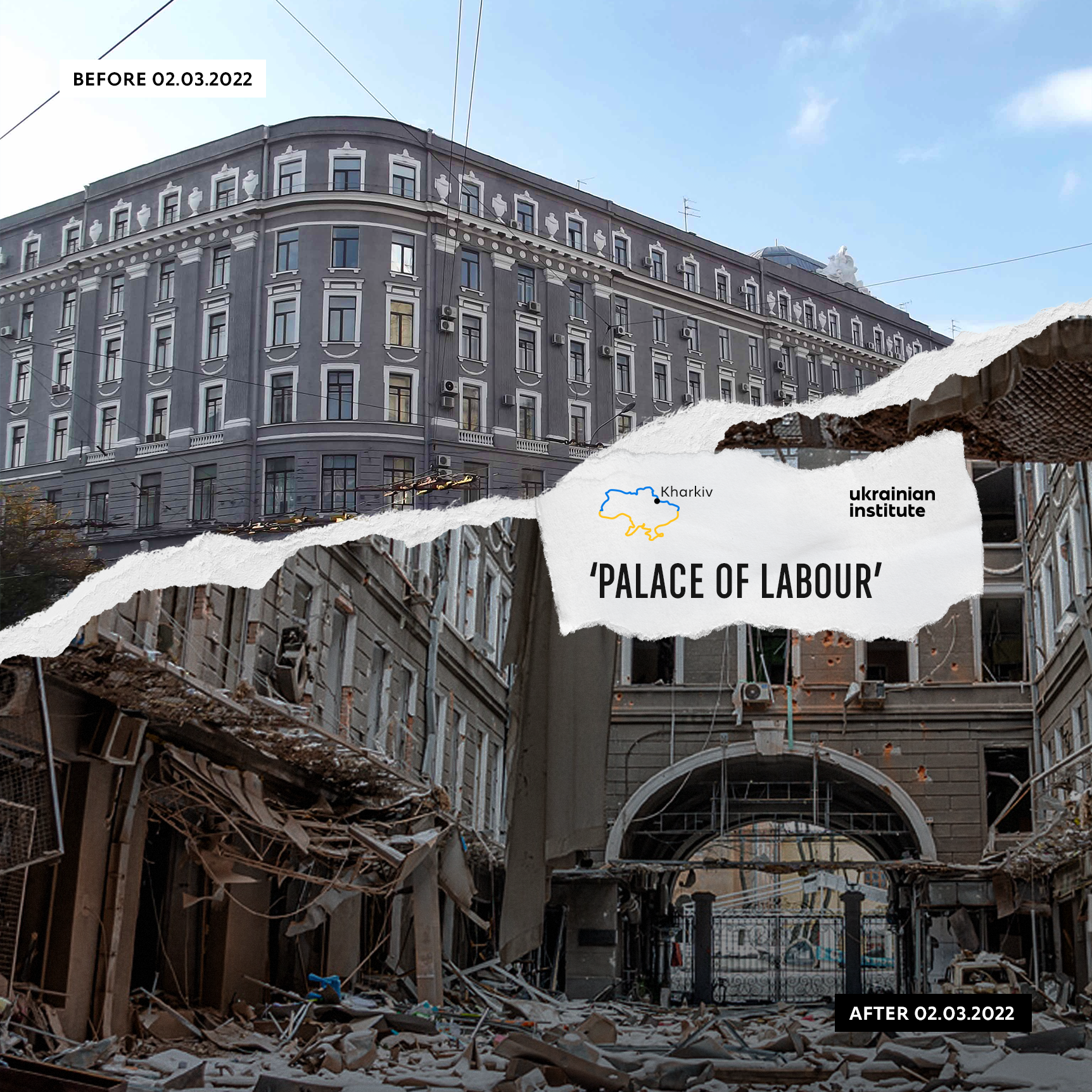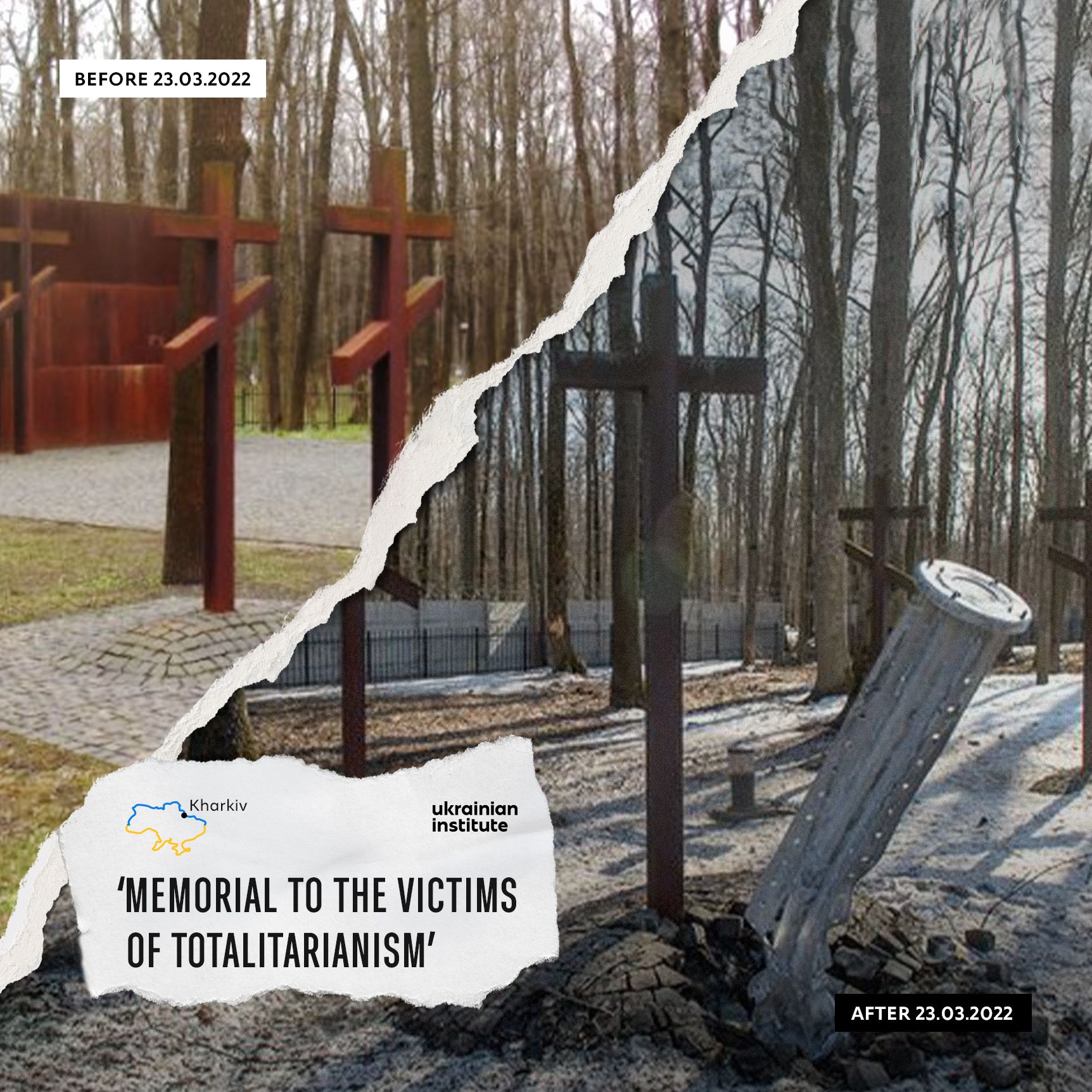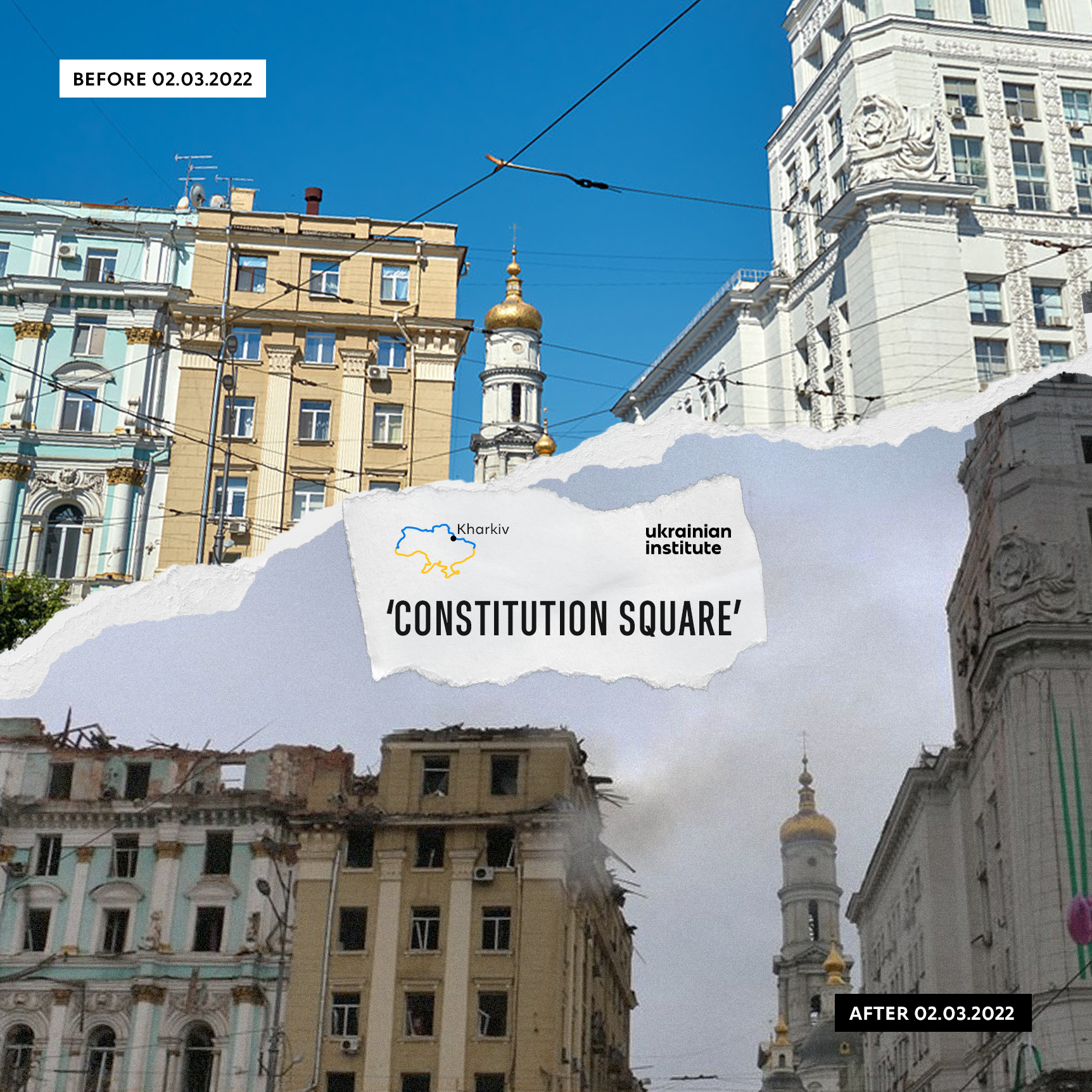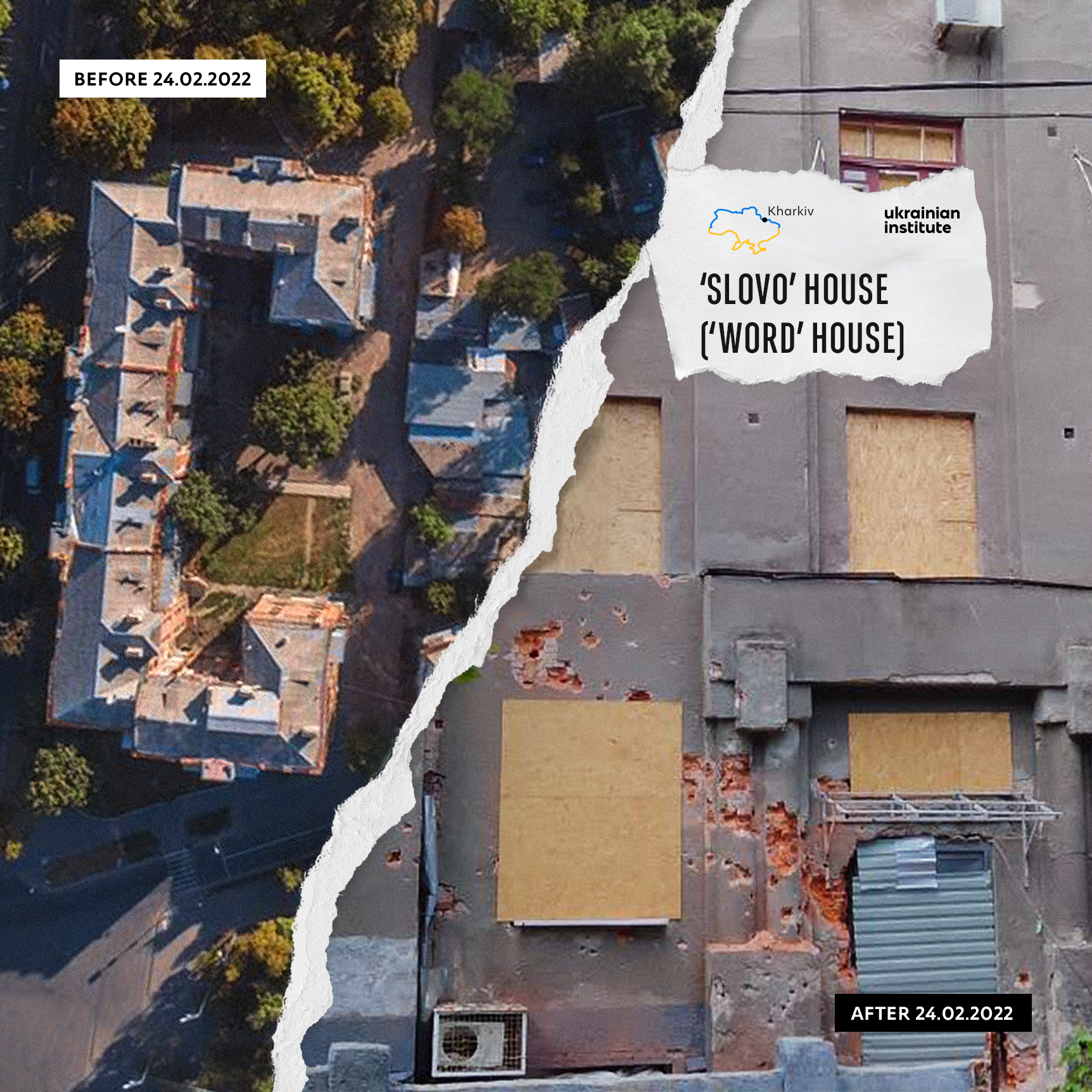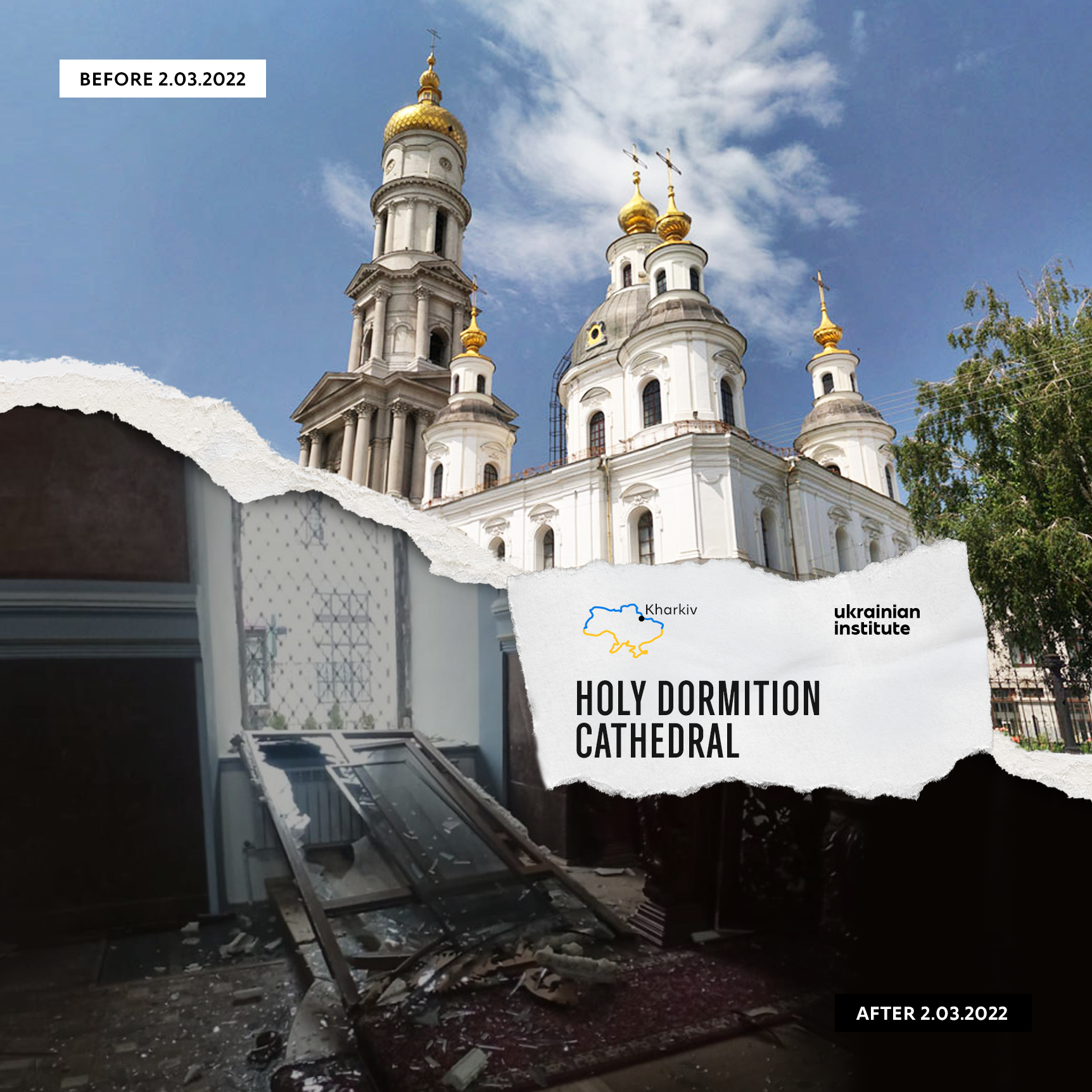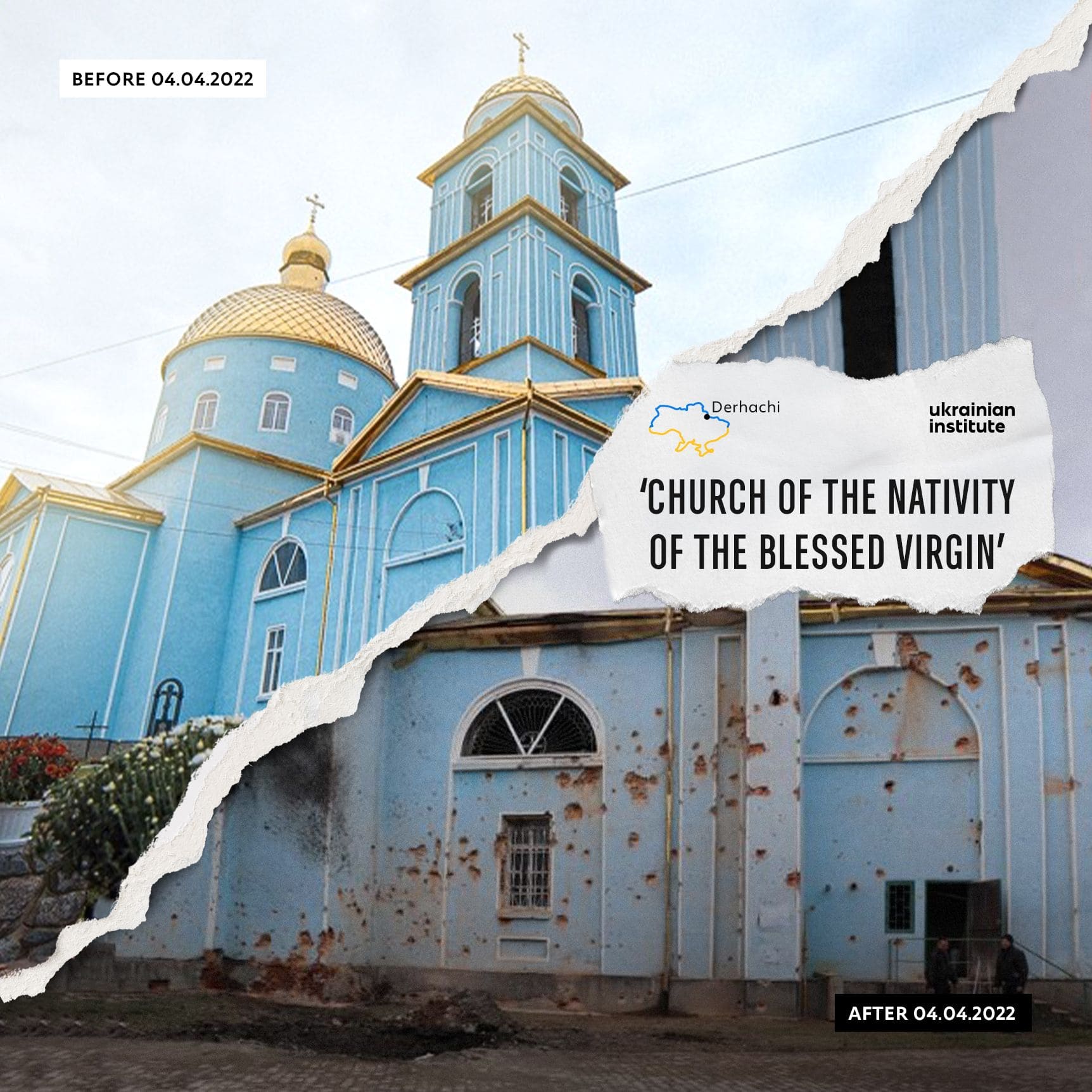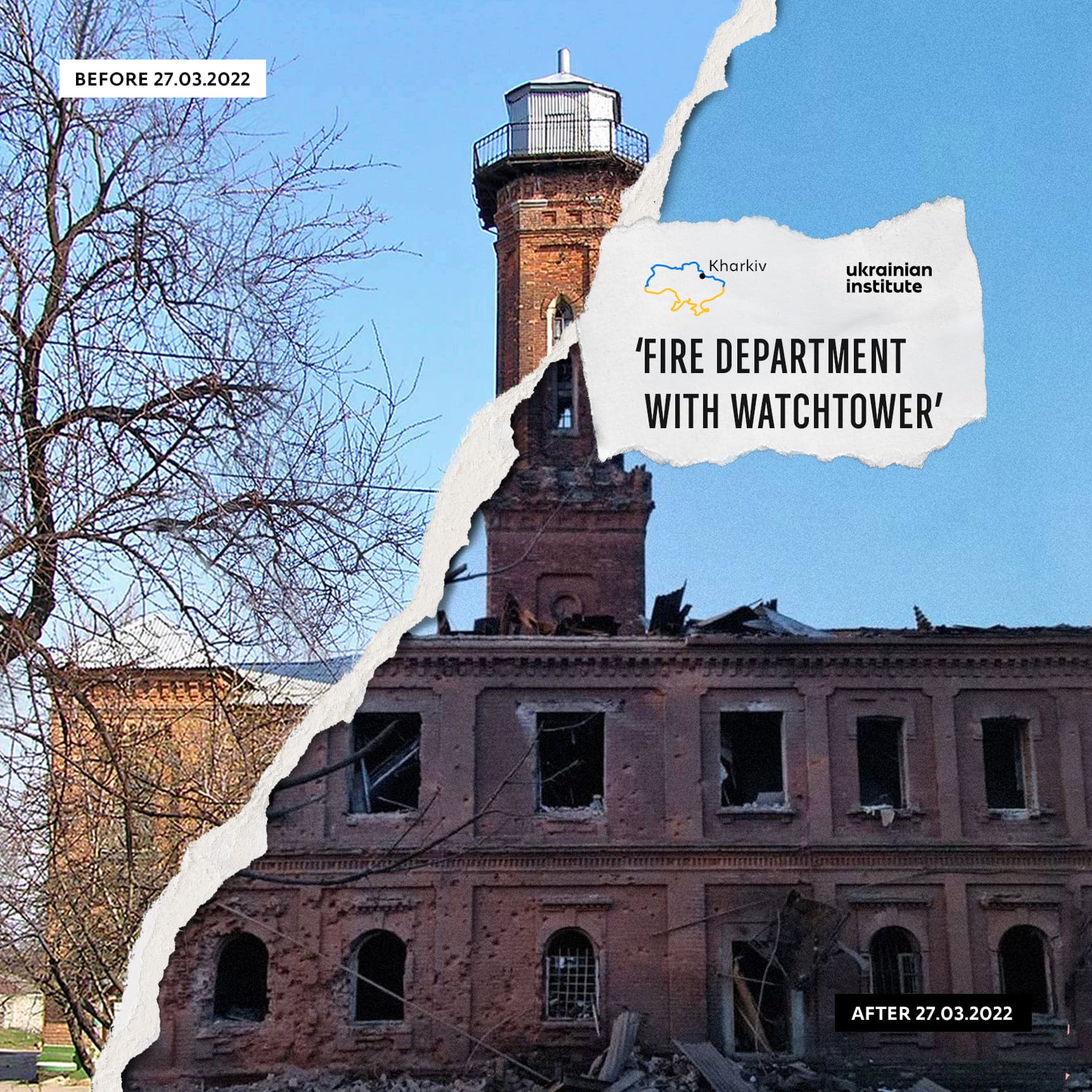
National Literary Memorial Museum of the Ukrainian Philosopher and Poet (18th-century building).
Ukrainian philosopher, theologian, and poet Hryhorii Skovoroda influenced not only his contemporaries but many generations of Ukrainians as well. He did this through his teaching and own lifestyle, his words always matching his deeds.
Skovoroda is a symbol of Ukrainian philosophy today. He sought answers to questions that would never lose relevance: ‘What is happiness? How to find it?’ In his works, Hryhorii Skovoroda discovered people, life, and the meaning of being, often referring to the Bible and Christian tradition. Hryhorii Skovoroda’s philosophy relies on the idea that the meaning of human existence is the spirit, thought, and heart and that heart, morality, and creative work are the foundations of an ideal society.
Skovoroda travelled a lot through Europe and had the opportunity to explore new worlds and countries, but each time he returned to Ukraine, where he lived as a recluse pilgrim and where he died, not parting with the Bible, panpipes, and his works. Although Skovoroda’s writings were not published during his lifetime due to Russian censorship, it didn’t prevent them from being spread through rewriting.
The building, which until recently housed the Literary Memorial Museum of Hryhorii Skovoroda, was built in the 18th century. The museum was founded here in 1972. Its first two rooms were dedicated to the biography and works of the thinker, and the third one — to the memory of the philosopher. The memorial room (‘quiet cell’), where Hryhorii Skovoroda lived and died, was also open to visitors.
The exhibition presented a variety of materials: publications of the philosopher’s works, scientific literature and fiction about him, his favourite books of ancient, medieval, modern philosophers and poets, ethnographic objects, paintings dedicated to him, graphics, and sculptures. Some personal belongings of the folk sage were also preserved here. The grave of the philosopher is not far from his house.
On May 7, 2022, Russian army shelled the roof of the building, and the fire engulfed the entire museum. The 18th century building, which was initially a home for guests at the manor of the Kovalivski landowners, home for Hryhorii Skovoroda and preserved the memory of his last years of life, has now become a memory itself.

